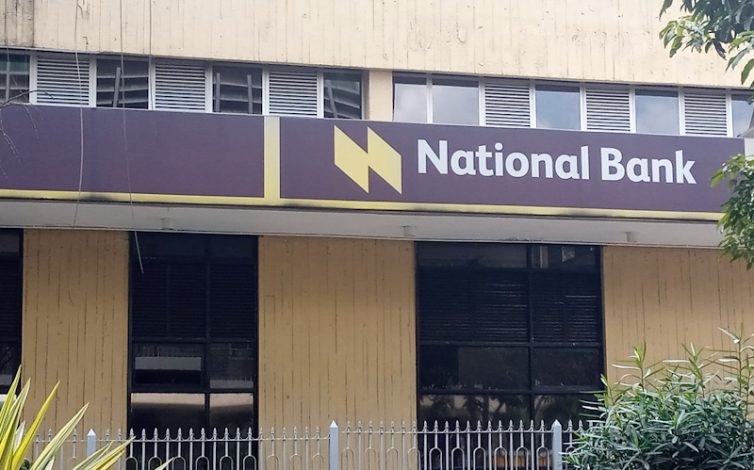This content has been archived. It may no longer be relevant
KCB Group plans to inject additional capital into its subsidiary National Bank of Kenya which remains in breach of capital adequacy ratios.
Capital Adequacy Ratio (CAR) is the ratio of a bank’s capital in relation to its risk-weighted assets and current liabilities.
“When we acquired NBK, we estimated we will provide the subsidiary with a capital of KSh7.5 billion to KSh8 billion. We will soon give the balance of KSh2.5 billion to KSh3 billion,” said KCB chief executive Joshua Oigara.
NBK became the tenth subsidiary of KCB Group and is expected to play a major role in driving business expansion and through the acquisition bolstered the Group’s aspiration to achieve and surpass the KSh1 trillion balance sheet by 2022.
Genghis Capital in a commentary after KCB released its 2019 full-year results said while the acquisition of NBK has had an impact on operating metrics as expected, they expect the commendable management’s efforts in addressing the asset quality of NBK to continue bearing fruit in subsequent quarters.
“KCB Group wrote off a significant portion of NPL (circa KES 9Bn in FY2018) that saw the NPL ratio decline to 6.9%, compared to 8.4% a year prior. The acquisition of NBK will see the NPL ratio rise to 11.9% on account of NBK’s poor asset quality, recorded at 47.6% in FY18. Despite this, we expect gradual downward bias in the NPL ratio on account of possible further write-offs, coupled with a prudent risk assessment strategy that was non-existent at NBK,” Genghis said on 25th April 2019.
READ





